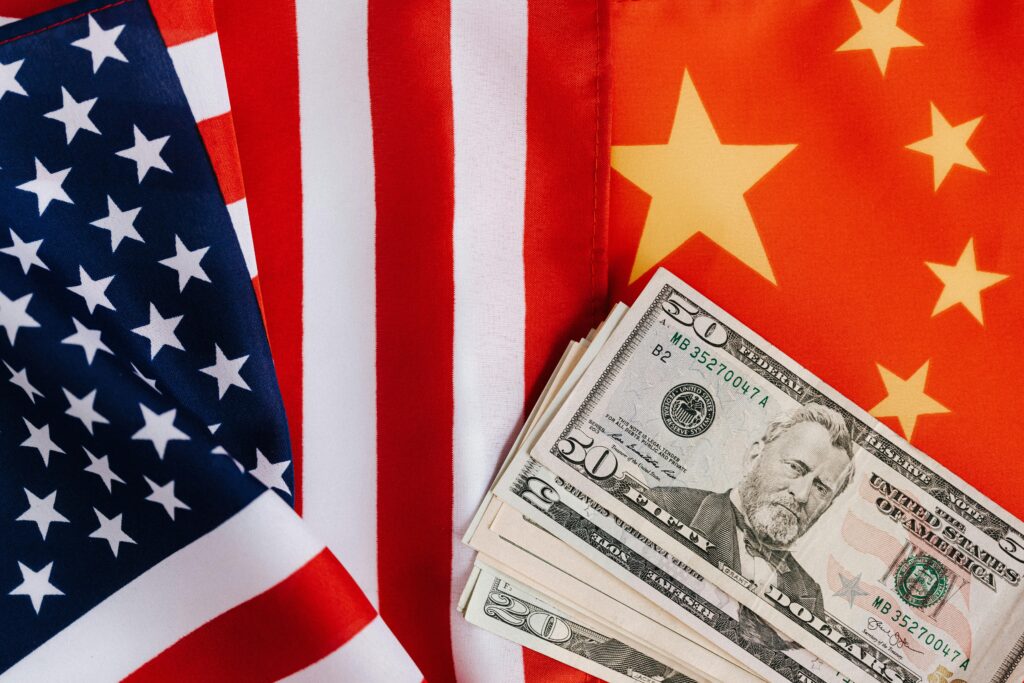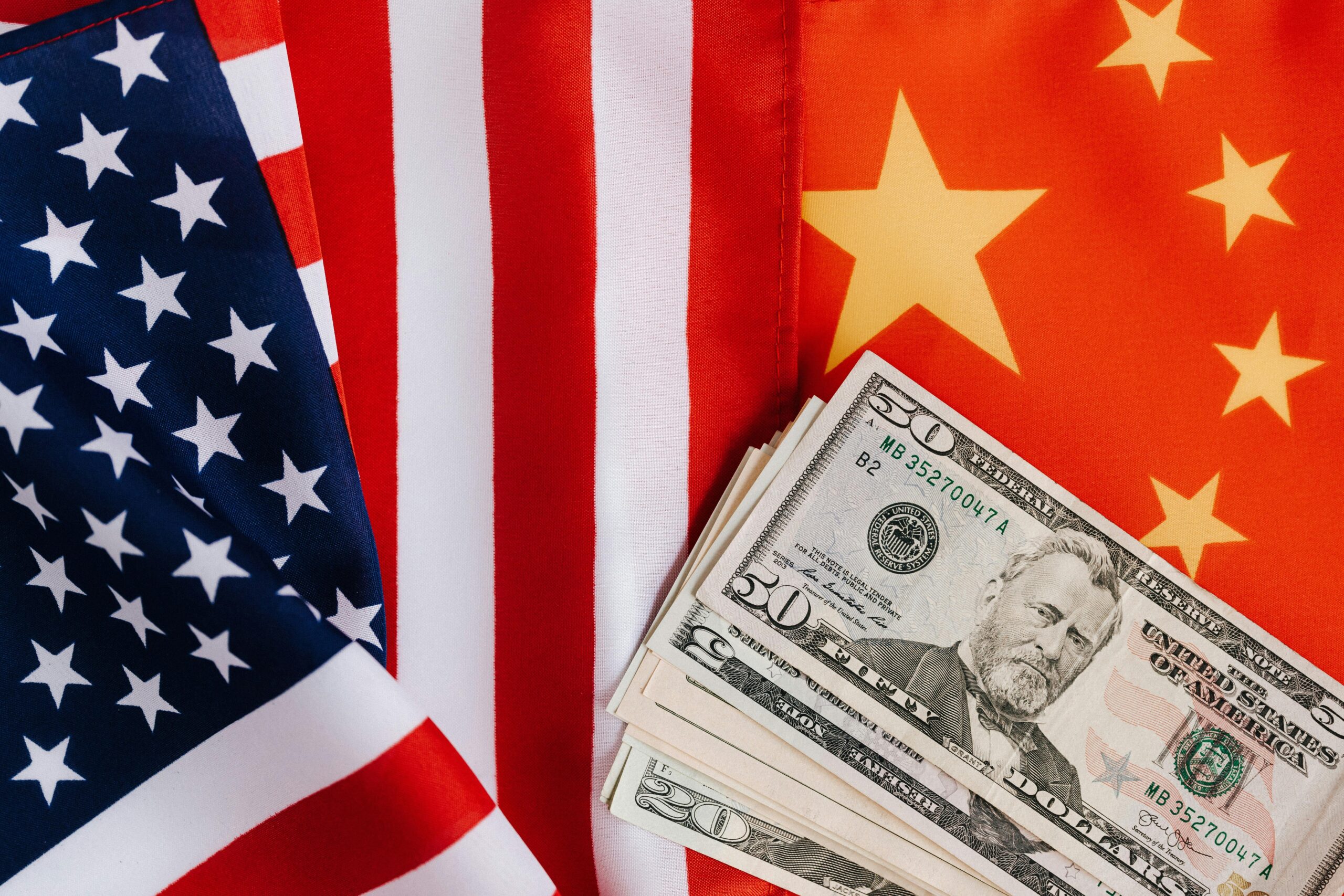
Behind the scenes of global diplomacy and economic headlines, a high-stakes technology war is quietly intensifying between the United States and China. This isn’t just about smartphones or semiconductors—it’s a race for dominance in the industries that will define the future: artificial intelligence, quantum computing, 5G, and advanced manufacturing.
⚔️ The Battle for Tech Supremacy
At the heart of this rivalry is a fierce competition to lead in innovation. Both nations view technological leadership not just as an economic advantage, but as a cornerstone of national security and geopolitical power. Cutting-edge technologies are now seen as strategic assets, with each side striving to outpace the other in research, talent, and industrial capacity.
🇺🇸 The U.S. Strategy
The United States has taken steps to restrict China’s access to advanced tech through sanctions, export controls, and tighter regulations on foreign investment. By limiting access to critical components like high-performance chips, Washington hopes to slow China’s momentum and protect its own innovation edge.
In parallel, the U.S. is investing heavily in domestic tech development—pouring funds into semiconductor manufacturing, AI research, and cybersecurity initiatives.
🇨🇳 China’s Response
China has responded with its own ambitious plans, such as the “Made in China 2025” initiative and the push for technological self-sufficiency. The government is investing billions in homegrown startups, R&D, and alternative supply chains in an effort to reduce reliance on Western technologies.
From launching its own AI models to building advanced chip fabs, China is moving quickly to close the tech gap.
🧠 AI, Chips, and Quantum Frontiers
Some of the most critical battlefields include:
- Semiconductors: The race to produce next-gen chips is central to the conflict.
- Artificial Intelligence: Both nations are racing to lead in military, industrial, and consumer AI applications.
- Quantum Technology: With potential to disrupt communications and cybersecurity, quantum supremacy is the next frontier.
🌍 Global Ripples
This escalating rivalry is reshaping global supply chains, forcing other countries to choose sides or develop neutral strategies. Tech firms, research institutions, and startups around the world are being pulled into the conflict—whether they like it or not.
🔍 The Bottom Line
What was once a quiet competition has become an all-out tech war with global consequences. The outcome won’t just determine who leads in innovation—it could shape the geopolitical balance of the 21st century.



